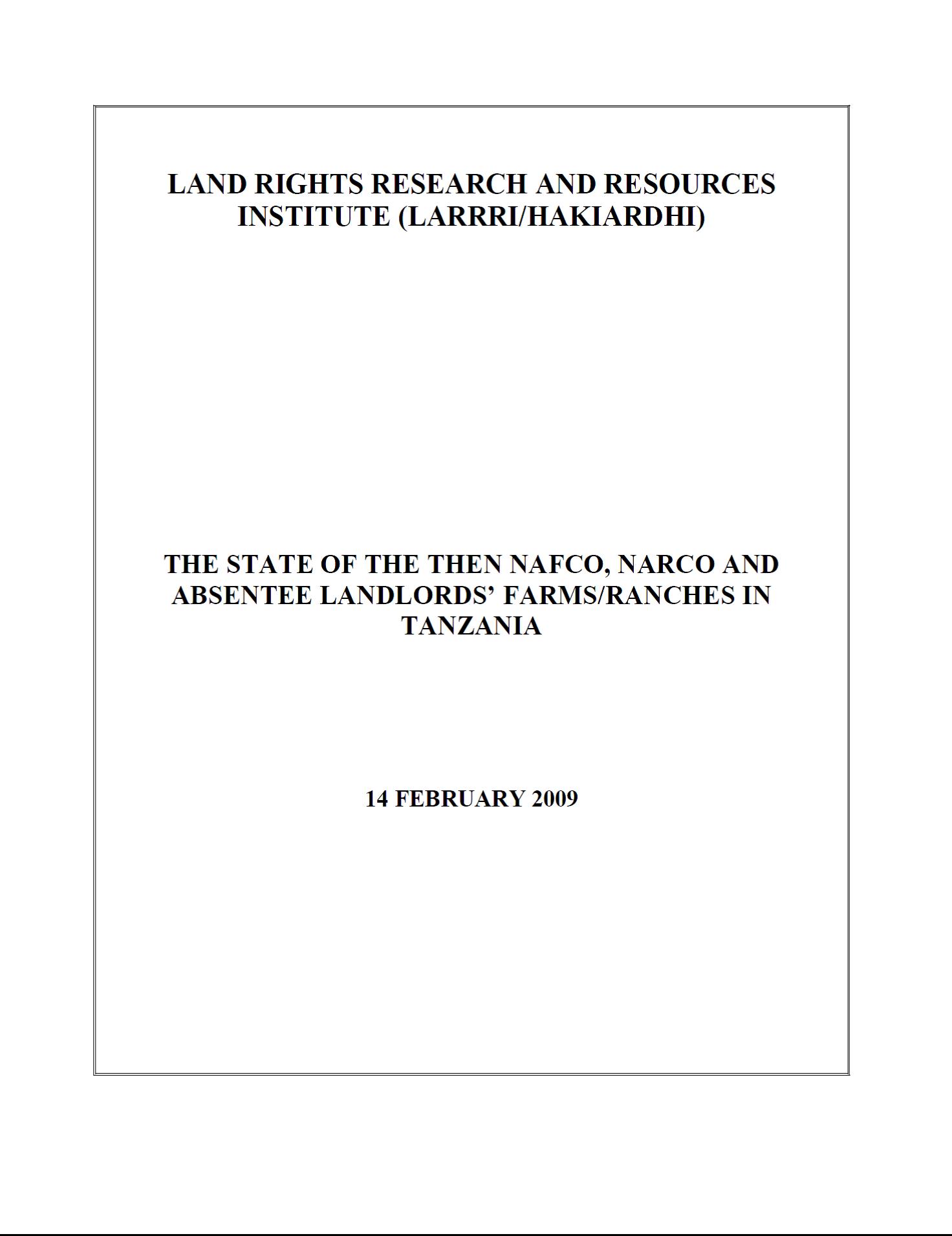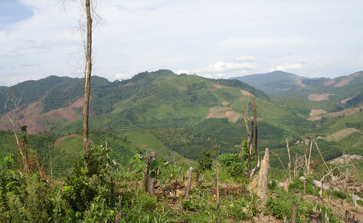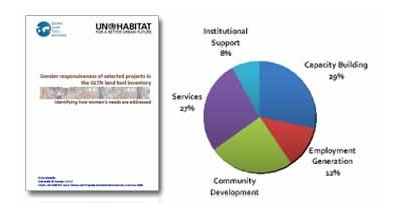Engaging the ASEAN: Toward a Regional Advocacy on Land Rights
The Association of Southeast Asian Nations (ASEAN) was
established on 8 August 1967 in Bangkok by the five
original Member Countries, namely, Indonesia, Malaysia,
Philippines, Singapore, and Thailand. Brunei Darussalam joined on
8 January 1984; Vietnam, on 28 July 1995; Lao PDR and
Myanmar, on 23 July 1997; and Cambodia, on 30 April 1999.
In principle, ASEAN supports poverty reduction, food security,
sustainable development, and greater equity in the ASEAN
region. However, a closer look at the pronouncements contained







